Harry is trying to shed his royal skin – but he’s a man who can’t escape his past
The sight of Harry flying in, but unable to see his father will have saddened many. But, embarking on a ‘mini royal tour’ in Nigeria isn’t going to help heal family rifts which feel as raw as ever, says Tessa Dunlop
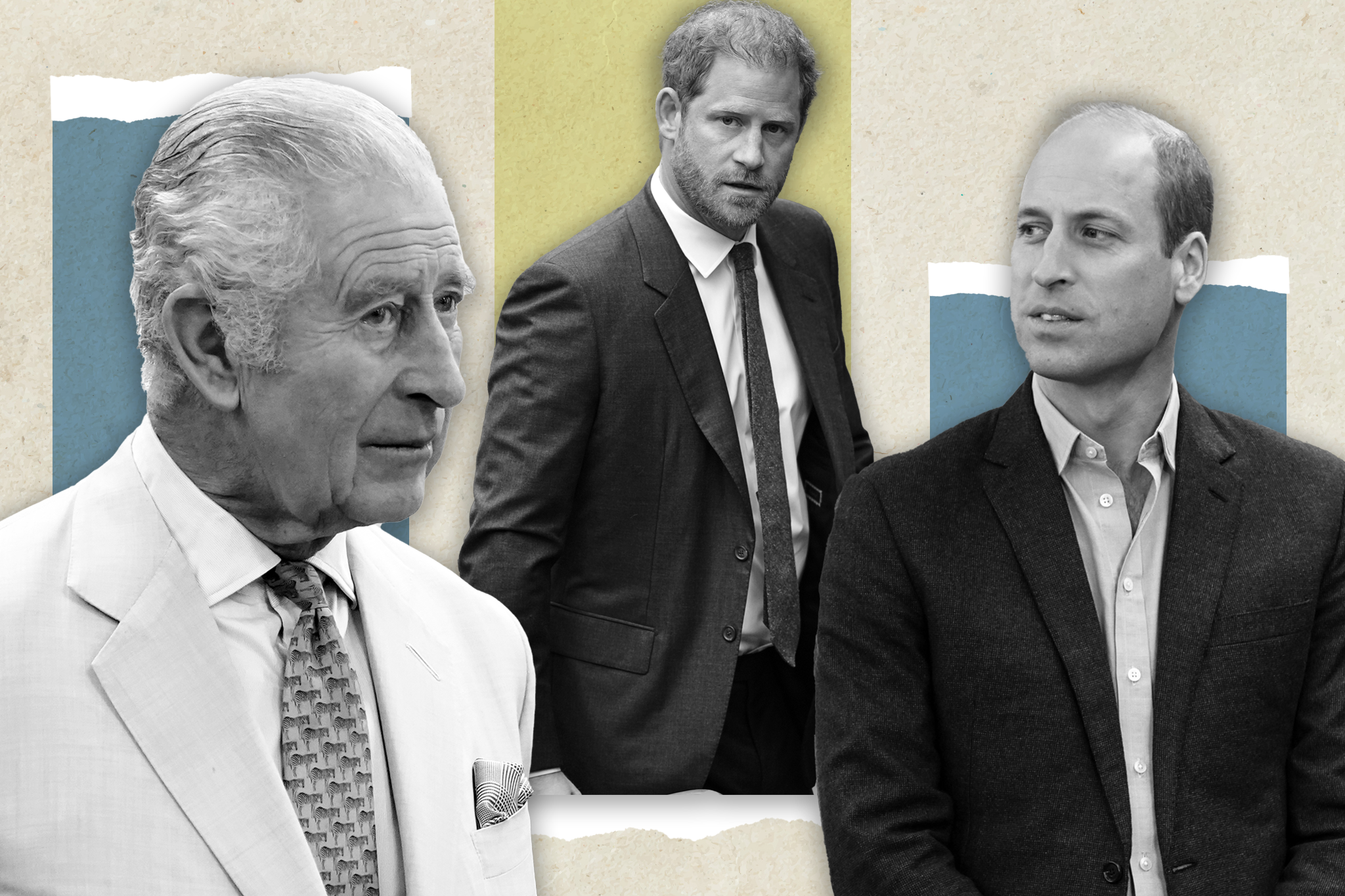
Even hardened Sussex critics took a sharp intake of breath when they heard that the King would not meet Prince Harry last week. The Duke fleetingly arrived in London to headline at an Invictus 10th anniversary celebration in St Paul’s Cathedral, but despite the religious framework, he was not greeted as the prodigal son by his father.
Quite the reverse. 2.6 miles away (yes many measured the distance) the King was otherwise engaged, welcoming crowds in a top hat at his first Buckingham Garden Party of the season. The sun shone, but domestic clouds stubbornly persisted.
In the bible, the prodigal son’s father saw his boy and “had compassion, and ran, and fell on his neck, and kissed him.” No one was expecting an equivalent public display of affection from the King, for many, a smidgeon of that “compassion” would have been enough.
After all, Charles is the Defender of the Faith. Have Harry’s transgressions really been so sinful that redemption, at least of a paternal sort, is not possible?
And on an even more basic level, the public simply felt it was just a little sad that a son flying in from abroad wasn’t able to connect with an elderly father being treated for cancer. The optics were not reassuring. Apparently “other priorities” on the King’s part got in the way of a redemptive gesture. Not even a cup of English tea was in the offing.
Naturally, royal acolytes pushed back. They were not going to let a mealy-mouthed statement from the Sussex’s new PR machine about a “busy” king reframe their beleaguered monarch in a dim, unloving light. Apparently, Harry’s team made too many demands, and there were jitters regarding Harry and Meghan’s high-profile trip to Nigeria. Understandably, trust remains an issue.
Might the Duke appear in the media with titbits about his family? For those not finely tuned into all royal comings and goings, after Harry was granted a whisker of time with his papa in February, the Prince was subsequently interviewed on Good Morning America, and admitted he was “grateful” for the time they spent together, insisting he would “stop in and see his family as much as I can”. But that decision is not Harry’s alone to make, as is being made abundantly clear.
Exactly what exchanges took place between the two camps prior to the Duke’s arrival in London we will probably never know. But last week’s visuals were stark.
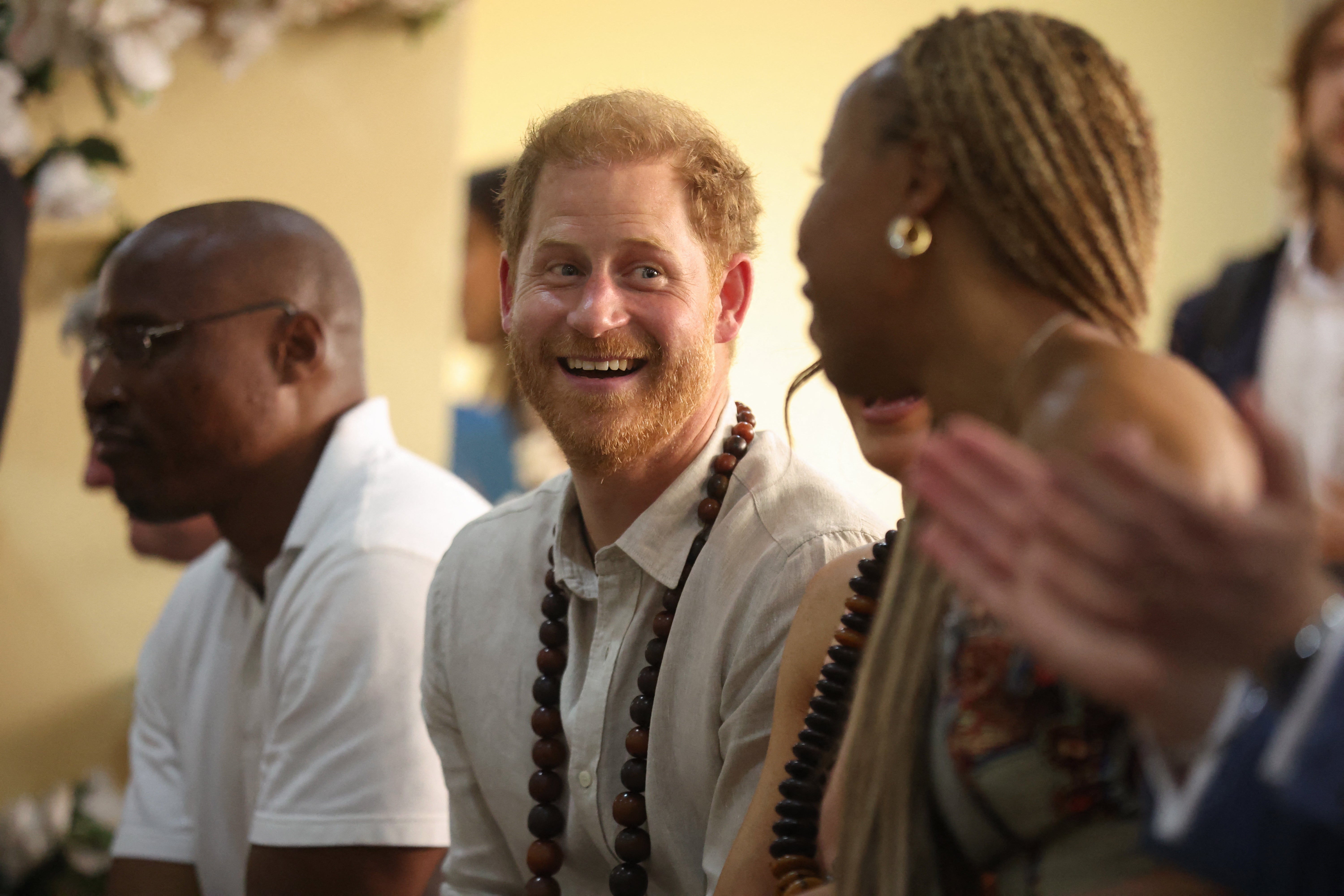
Harry’s maternal family, uncle Charles Spencer and aunt Lady Jane Fellows, supported him in St Paul’s Cathedral. Tellingly the Duke’s Corinthians reading reminded viewers “there are varieties of service but the same Lord.”
Down the road in the King’s service, all the usual royal stalwarts lined up – the Edinburghs, the Gloucesters and the Princess Royal – flanking their monarch in his palace. Well-wishers fluttered hankies and the King mopped his brow, it was hot and Harry, seen or unseen, represented unfinished business.
Meanwhile, at St Paul’s Cathedral, the Duke of Sussex looked Californian cool, hugging old friends, his medals winking in the sunshine, a KCVO hanging around his neck, but a coronation medal marking his father’s kingly anniversary missing from his lapel. Symbolism was everywhere.
Charles Spencer, Diana’s brother, warmly embraced his nephew; the earl with a reputation for speaking truth to upper-class institutions – be they the royal family or boarding school – has increasingly aligned himself with the isolated prince. Surely Diana would have approved?
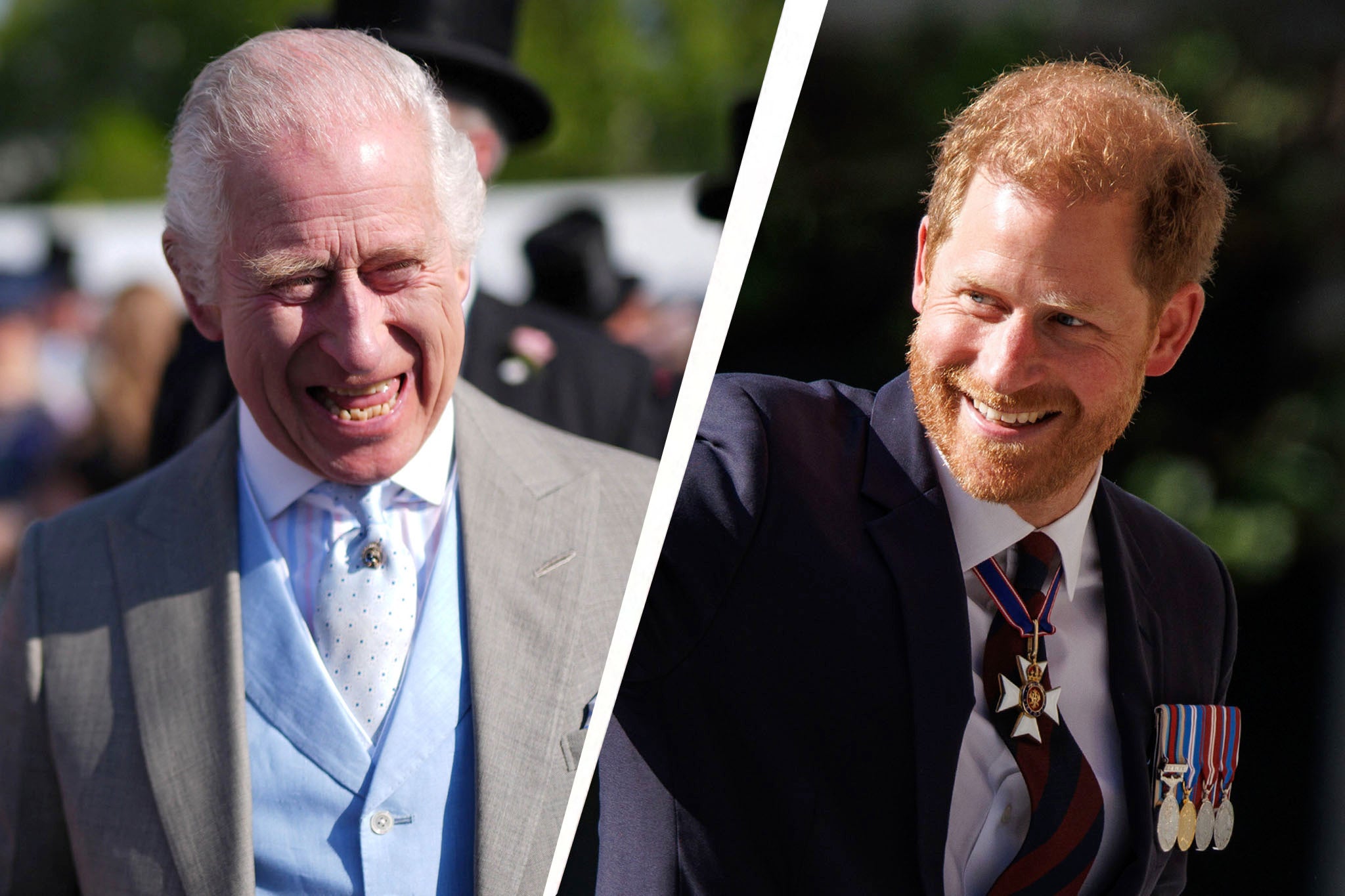
Here was Harry speaking in the venue where she committed to that fateful royal marriage, talking of the “common good” while his barrister, David Sherbourne, watched on.
On the surface, both occasions were happy ones; finally, spring lit up the capital for this regal day of celebration and commemoration. But the gaping chasm between the royal family and Harry’s own Spencer cohort was a reminder that there are now two competing visions of royalty.
This is not what the British monarchy is meant to be about. The late Queen, with her mask-like expression and ubiquitous understated appeal somehow managed to speak for the many into late old age, an unerring national glue around which people could gather and raise a glass.
If the King was advised by his team to push back against Harry (because let’s not pretend he took the decision to avoid the Prince on his own), he could be in danger of losing that appeal.
While Charles’s personal poll ratings have understandably risen in the face of his stoic approach to his cancer diagnosis, in the longer term, the institution he heads must reach those who naturally align themselves with the Sussexes. Despite the constant vitriol which he has faced and missteps he may have made, Harry received a warm welcome in London.
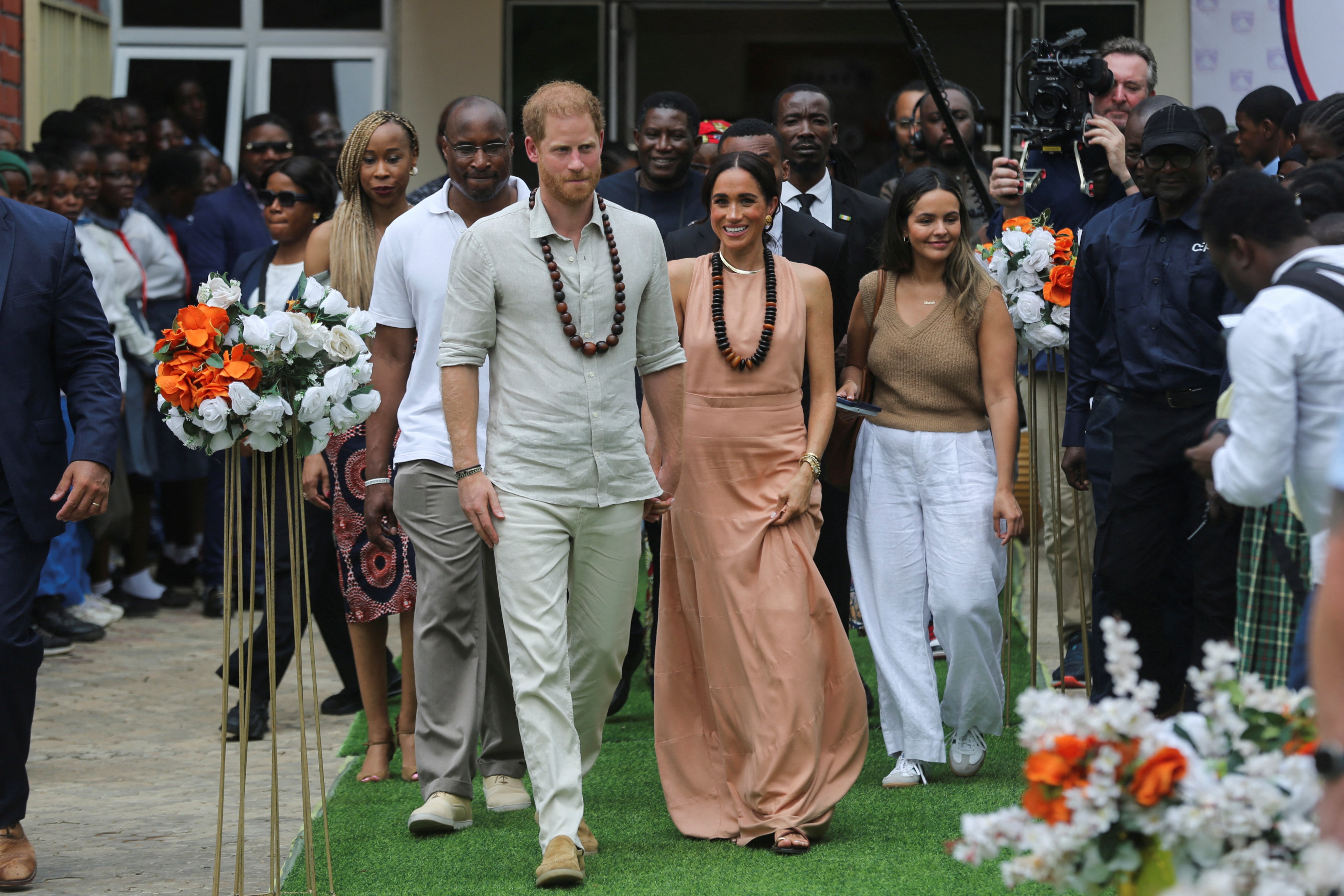
Veterans, the young and the vulnerable still feel he has something to offer – exactly the sort of people the royal family should (and did) appeal to.
Instead, it felt like the institution looked on as if the upstart American model was encroaching on their turf. While the Prince can no longer claim to be a working royal, he is very much sticking to a royal script. Fast on the heels of his service-themed London visit, came a quasi-royal three-day African tour. Invited to Nigeria (a Commonwealth country no less) “as part of the Invictus Community”, there Harry joined forces with Meghan, who claims 47 per cent Nigerian heritage.
It’s hard not to think of what could have been for Britain and the Commonwealth had the pair remained president and vice president of the Queen’s Commonwealth Trust.
But while the crowds in Nigeria embraced the couple, any hope that Harry and Meghan might be enticed back into an informal Commonwealth role, looks more unlikely than ever. Compounding the royal gulf came last week’s announcement that Prince William has been promoted to Colonel-in-chief of the Army Air Corps, Harry’s regiment when he served in Afghanistan.
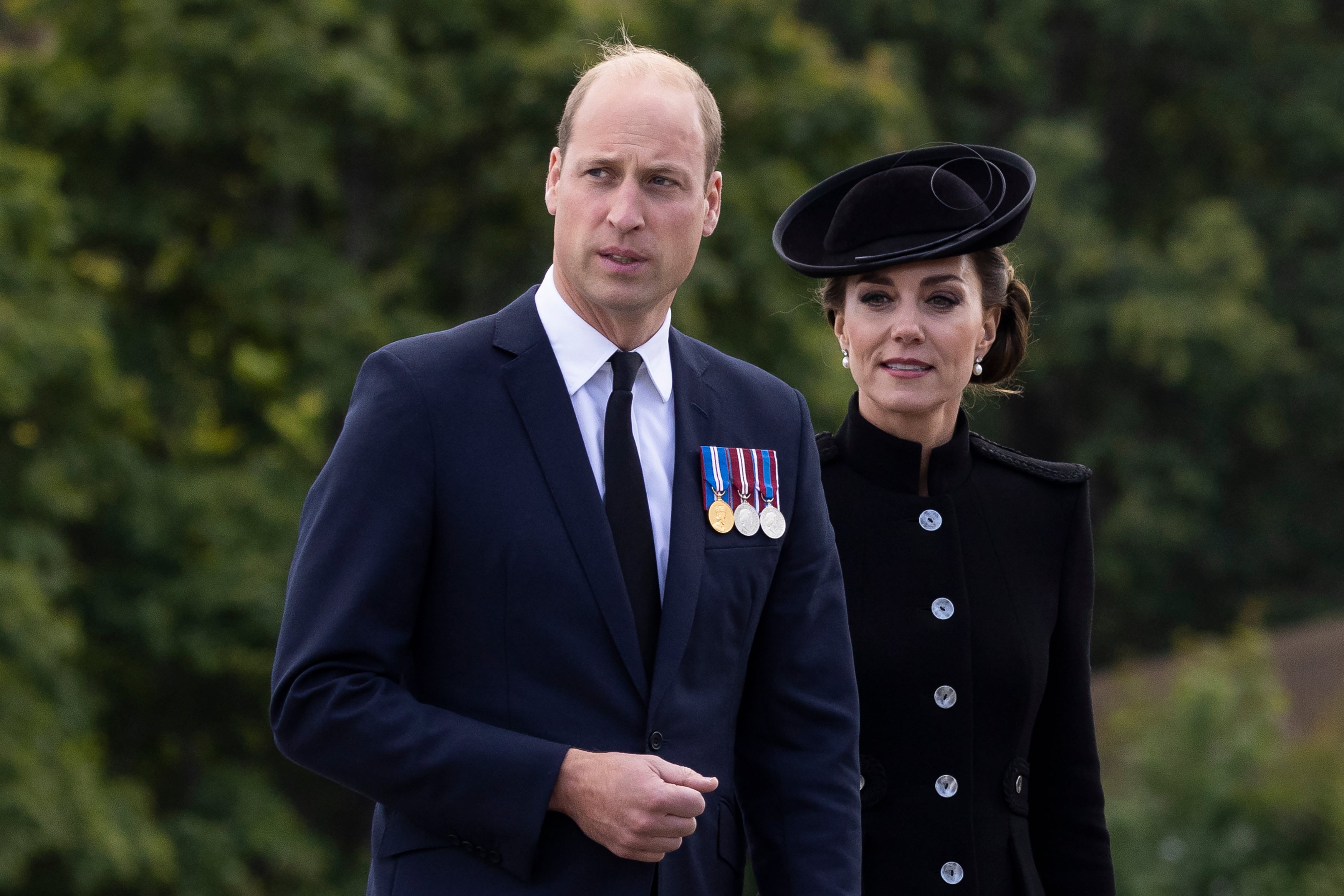
In the wake of his departure from the royal family, the Duke rescinded all honorary military roles, but to make public the decision to gift William the title on the day Harry arrived in the capital wearing his Invictus hat, felt like a provocation at worst and a clumsy move at best.
Of course, ultimately, it is that little word “family” which can be so misleading. Yes, they are all related, but the giant and onerous institution of state otherwise known as monarchy still reigns supreme. In Spare, Harry made it clear that his father was never cut out to be a single parent, as the Prince of Wales Charles was otherwise distracted. Those distractions have multiplied in the wake of remarriage, kingship and cancer.
More than ever, the Sussexes remain a separate entity. Harry has been clumsy and hurtful in recent years, but was he throwing rocks at the institution or the family? Therein lies the fault line of monarchy. Did Charles the King refuse to see his son last week? Or Charles the father? I suspect it was the former, which must be gutting for a son who has so desperately tried to shed his royal skin and failed.
Tessa Dunlop is the author of ‘Elizabeth and Philip, the story of young love, marriage and monarchy’, published by Headline Press, 2022






Join our commenting forum
Join thought-provoking conversations, follow other Independent readers and see their replies
Comments